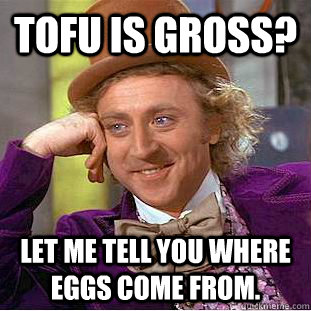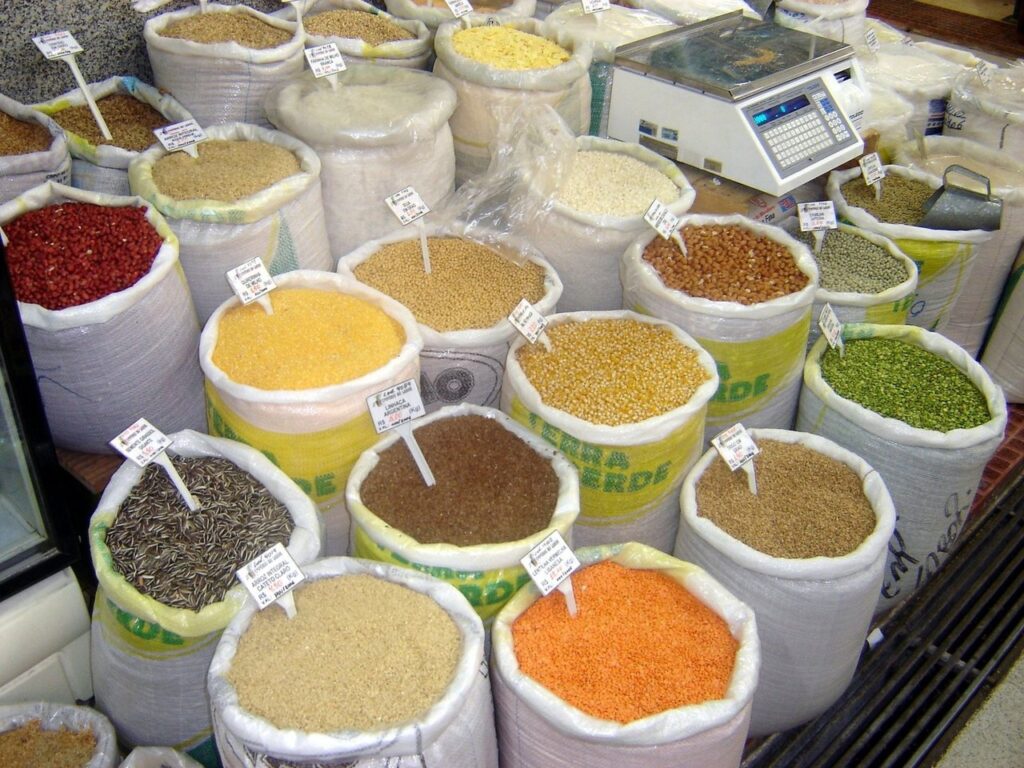Food is one of the biggest line items on the budget and most of us spend way more on this than we need to. According to the National Office for Statistics we average £3224 a year on groceries and £1581 on restaurants and takeaways. That’s £62 a week on groceries and £30.40 on takeaways/eating out.
Realistically you can feed yourself pretty well on less than £20-£25 a week (Without having to eat pot noodles) and actually when you scale up your food budgets to more people the costs don’t go up dramatically.
A little anecdote from me on this – The first time I ever did a budget my food bill was over £600 for a month……over £200 of this was on dominoes. I’m not kidding – it’s something in hindsight was stupid and undoubtedly cost me a year or more of additional work before I get to FIRE.
If you’re spending £60 a week on groceries and can even bring that down by £20 you’ll be saving an extra 1040 per year!
So, here’s my 20 most important tips for bringing down your food bill
- Less Meat
I am absolutely not a vegetarian I like a bacon sandwich or 7 on a Saturday morning hangover as much as the next guy. But meat is bloody expensive compared to everything else you can buy in a supermarket – ok maybe not compared to some luxuries. Cutting your meat down to 1 or 2 times a week or spreading out meat across multiple meals will save you a fortune.
I’m not massively into meat substitutes but lentils make an excellent substitute for mince in most recipes. Tofu can do one.

2. Learn to Cook
Learning to cook even really basic recipes will save you a lot of cash in the long run. I’m no Michelin chef but I can cook a good curry, stew or other batch recipe for almost nothing. Learn to cook what you enjoy eating and you’ll quickly realise that even the most exotic recipes are easy to make.
3. More Basics
Always try the basic version of something you eat regularly or semi-regularly. I’ve not found any noticeable difference between cereal, pastas and rice but coffee I can’t stand the cheap stuff – it just doesn’t do it for me. Cheap Weetabix taste the same as normal Weetabix and the same I find for most mueslis.
Balance what you actually enjoy eating and what you don’t – and yes you will waste a little bit of money finding out.
4. Beans are your friends
Beans, lentils and other staples are amazing to cook with, make for really varied recipes and cost almost nothing. If you’re prepared to buy dried they are even cheaper but take slightly longer to cook. I make chilis and casseroles with beans and they really add a lot of texture – highly recommended.

5. Learn to spice it up
If you’re eating a lot of cheaper meals and not buying expensive flavour mixes and pasta sauces, you’ll need to learn to spice things up to make your food more interesting.
Having a good staple supply of herbs and spices means you can make even a plate of pasta feel like a great meal. There’s a really good herb and spice pairing guide here that covers the basics.
6. Batch Cook and Freeze
This is the biggest secret to saving money on your food and works amazingly well – cook 3 meals a week and make them twice the size they need to be. Either eat the leftovers later in the week or freeze them so you always have something to microwave when you really can’t be bothered to cook.
I personally cook 2 really big meals each week that I eat every day – not the most exciting but it gets the job done.

7. Have some quick wins prepared
When you’ve had a long day sometimes you really can’t face cooking, or maybe you’re a couple of days late with your weekly batch cook. For this having a few quick things in the freezer or cupboard can stop the – let’s just grab a takeaway mentality. Either have some frozen batch cook food or more realistically a couple of quick comfort food options – for me it’s some bread rolls and hot dogs 70p/can (5 minutes in the microwave) and a few cheap microwave meals in the freezer – a budget breaking £2 each.
Whilst this isn’t super frugal it’s about having comfort food options that aren’t takeaways for when you really can’t be bothered so pizzas, ready meals etc. are allowed here for the occasional treat.
8. Eat Weird Meat
If you like meat then bear in mind that the less popular the meat the cheaper it is. Liver is cheap, tongue is cheap and all the other bits of offal most people don’t want to eat as often.
But really my top tip here is to find what’s locally available to you – I’ve enjoyed free pheasants (as very sadly a lot of pheasants go to waste during shooting season, and no I’m not pro shooting in general), free rabbits from local farmers, pigs heads and trotters from the local butcher and lots of weird things most people won’t eat but actually taste delicious.

9. Bulk Buy
If you have the space bulk buying can be a great way to get things dirt cheap. Some bulk items can be bought from international stores and supermarkets like rice, lentils and other dry goods and these are often much better value.
But the best are the trade shops – I’ve got a bookers membership and anyone can get one with a company or if they are self employed (ask your boss if your employed and offer to pick up tea and coffee for the office whilst you’re there – chances are the boss will say yes and this is how I got my first card). Now when you go to these stores bear in mind that NOT EVERYTHING IS CHEAPER IN BULK. You need to actually cost compare – alcohol is always more expensive, meat is generally cheaper, canned goods tend to be cheaper, soft drinks are more expensive. It’s a good idea to cost compare with your grocery list before you go shopping the first time.

10. Get the Super Discounts
If you live near supermarkets then find out the times when they discount their stock (it varies by location and day). Typically, later in the day is best for discounts but some stores do it early afternoon.
Some supermarkets discount their food insane amounts with Waitrose surprisingly being the very best for cut price meat deals – on a recent trip I bought a steak, 2 tuna steaks, 500g of mince, 3 packs of free range chicken breasts – for £10. This was a good month as I rarely eat meat in a usual week!
11. Make your own alcohol
A small bonus tip – if you add a weekly alcohol allowance to your shop it’s very hard to bring your costs down. Now I’m personally quite fortunate in this area (I invested in a brewery) but before that I used to supplement (keyword there supplement) my alcohol purchases with home brew.
Homemade beer works out to about 50p a pint (excluding kit costs), wine to around £1/bottle and spirits…..well let’s just say distillation isn’t legal/recommended for anyone to pursue. You can normally find kit for sale on Gumtree or Ebay at ridiculously low prices. Plus it’s loads of fun. My personal favourite recipes are elderflower champagne and plum wine!

Got your own top money saving food shopping tips let me know in the comments below always great to get more info from you lovely people!
